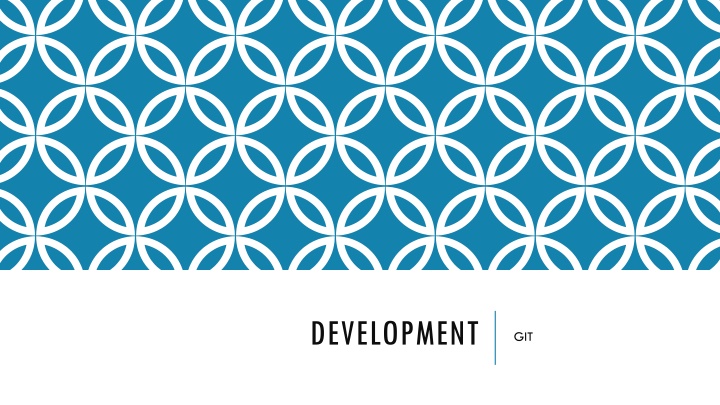
Human Development and Cognitive Processes
Explore various aspects of human development and cognitive processes, including research designs, stages of intellectual development, and key theories by Piaget and Erikson. Learn about zygote development, fetal alcohol syndrome, and different stages of cognitive growth. Gain insights into cross-sectional, longitudinal, and sequential designs for studying development.
Download Presentation

Please find below an Image/Link to download the presentation.
The content on the website is provided AS IS for your information and personal use only. It may not be sold, licensed, or shared on other websites without obtaining consent from the author. If you encounter any issues during the download, it is possible that the publisher has removed the file from their server.
You are allowed to download the files provided on this website for personal or commercial use, subject to the condition that they are used lawfully. All files are the property of their respective owners.
The content on the website is provided AS IS for your information and personal use only. It may not be sold, licensed, or shared on other websites without obtaining consent from the author.
E N D
Presentation Transcript
DEVELOPMENT GIT
RESEARCH DESIGN FOR STUDYING DEVELOPMENT Cross Sectional Longitudinal Selective Attrition Sequential Design Cohort Effect
DEVELOPMENT Zygote Fetus Fetal Alcohol Syndrome Vision Hearing Learning and Memory
JEAN PIAGETS VIEW OF COGNITIVE DEVELOPMENT Schema Schemata Assimilation Accommodation Equilibration
PIAGETS 4 STAGES OF INTELLECTUAL DEVELOPMENT The sensorimotor stage (0-2 th) Preoperational stage (2-7 th) Concrete operation (7-11 th) Formal operation stage (11 onward) Object permanence Operations Egocentric Conservation
ERIKSONS STAGES OF HUMAN DEVELOPMENT Basic trust vs. mistrust (0-1 th) Autonomy vs. shame and doubt (1-3 th) Initiative vs. guilt (3-6 th) Industry vs. inferiority (6-12 th) Identity vs. role confusion (early teens) Intimacy vs. isolation (late teens early 20s) Generativity vs. stagnation (late 20s to retirement) Ego integrity vs. despair (after retirement)












